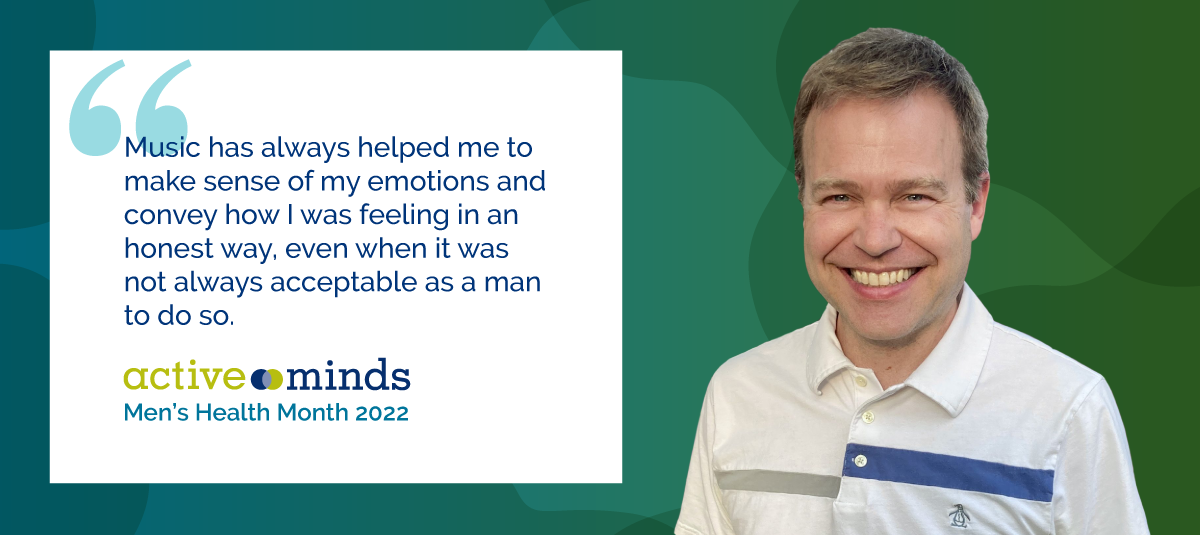Tell me what five albums you’d take with you on a deserted island and I’ll know everything about you.
I’m not talking about knowing you in the easy stereotyped way as in “Taylor Swift fans are like this,” and “Pink Floyd fans act like that.” But I’ll understand you in a deep, emotional, and authentic way. We will probably walk away from that conversation with a connection. At a minimum, we can have a little thread of something so the next time I see you, I can jokingly say something like, “Hey, there’s that Wu-Tang megafan again!” We will laugh and maybe even pick up where we left off.
Music is so complex and interwoven into our society, rarely will you ever go a single day without hearing it. Most people remember the song playing the first time they slow danced. Or had their first kiss. Or got in a fender-bender. Their go-to song can help them get pumped up before a job interview. A song can inspire their toddler to do that silly dance. These are milestones in our life that music provides the soundtrack for, whether intentional or not.
Before I knew about mental health, I had music. Even though, let’s be honest, music when I was a kid wasn’t at the level it is today. Some of its best offerings are now hilariously known as “yacht rock.” Despite those barriers, I fell in love with songs and albums. My parents never played anything in the house besides occasional church music, so I would constantly listen to the radio, watch MTV, and sheepishly flip through the crates at my local record store. Cassettes made it easier to take the jams with you, and compact discs easier still.
Obvious in hindsight but unknown at the time, music was becoming my main and powerful source of self-care and a booster of my mental health. Music has always helped me to make sense of my emotions and convey how I was feeling honestly, even when it was not always acceptable as a man to do so.
Once I left home, my love and curiosity for music hit a peak. I could jump from They Might Be Giants to Buddy Holly and A Tribe Called Quest to The Who while somehow avoiding genre whiplash. I loved ska, chamber pop, punk, pop-punk, alternative, hip hop, all of it. This massive music landscape, for me, was an oasis of lyrics and beats and guitar riffs, fist pumps, and slow-fade endings. I loved listening to music, reading about it, and talking about it. All the time.
Music helped me connect. It showed me how to connect with myself and just about anyone. It was reliably my armor, my protector – it kept me connected to the world, to my friends, and to myself. To my emotions. To my confidence when I listened to The Police. To my empathy when I sang along with John Mellencamp. To anger with Public Enemy, silliness with “Weird Al,” and joy with De La Soul.
As Men’s Health Month comes to a close, I encourage you to think about mental health a tad differently, regardless of your gender. The phrase “mental health” itself can conjure up therapy sessions, journaling, and perfect white candles. I want to be clear: those activities do regularly help tens of millions of people, thankfully. But an effective mental health practice can also be getting lost in a Super Furry Animals album. Or bouncing to a new Moodymann track. Crying when listening to XXXTentacion’s songs of struggle and pain. Or screaming every Billie Eilish lyric along with her live-in-concert.
If you need it, you have this power of connection too.
The next time you hear a song that reminds you of someone, text or message them at that moment. Ask how they’re doing. Tell them how you are. If it’s too hard to say that you’re not okay, find a quote from your favorite musician or band that expresses how or what you’re feeling. There’s a reason they are your favorite – that artist already showed you that you too can connect with anyone when you need to. Yourself included.



